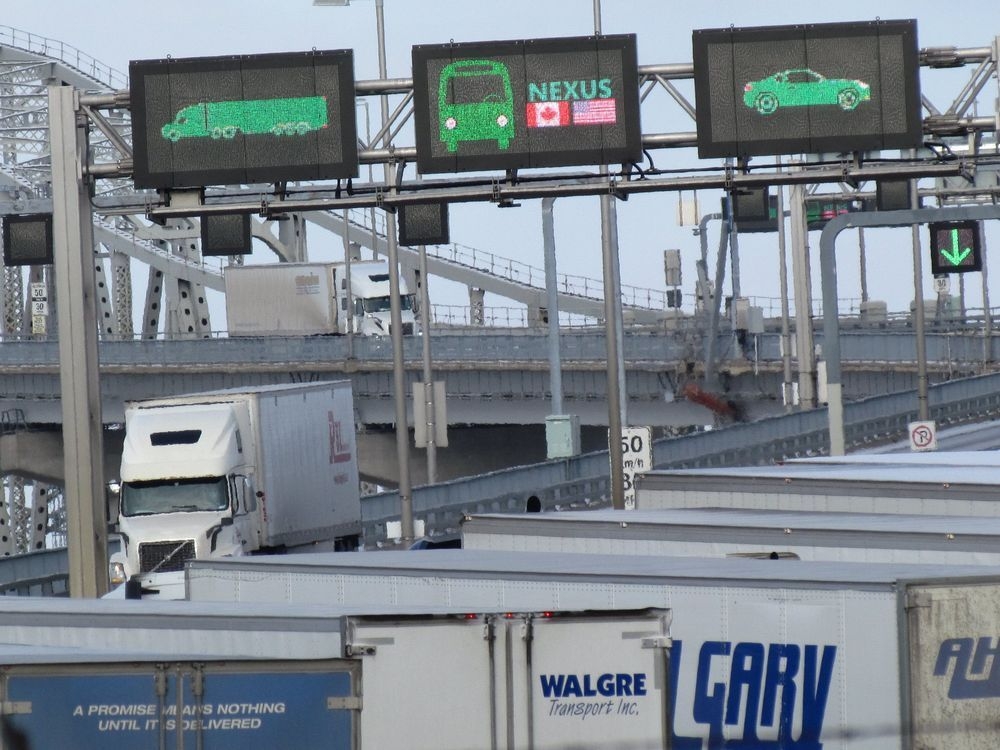A shadow war is escalating in the Caribbean, with Iran openly backing Venezuelan President Nicolás Maduro as the United States increases pressure on his regime. This isn’t simply a political alignment; it’s a deepening partnership built on shared interests that threatens regional stability and U.S. national security.
Tehran swiftly condemned recent U.S. military actions, warning of “dangerous repercussions” and claiming the operations jeopardize “international peace and security.” This public display of support was immediately welcomed by Venezuela, signaling a coordinated front against mounting external pressure.
But the alliance extends far beyond diplomatic statements. Former Venezuelan diplomat Isaias Medina III, who resigned over human rights abuses, reveals a calculated strategy. He asserts this isn’t about sovereignty, but a dangerous collaboration in criminal enterprise and asymmetric warfare.
Intelligence analysts believe Venezuela serves as a crucial strategic hub for Iran’s operations in Latin America. Losing Maduro would sever a vital link, jeopardizing Iran’s influence throughout the region and its ability to project power.
Recent events underscore this concern. The attempted assassination of Israel’s ambassador to Mexico was allegedly orchestrated using Venezuelan territory as a staging ground by operatives linked to Iran’s Quds Force. This incident demonstrates a clear pattern of utilizing Venezuela for broader, destabilizing activities.
Iran’s presence isn’t limited to logistical support. Analysts confirm the presence of Iranian advisors working directly with the Venezuelan military, and evidence suggests continued arms shipments via air routes between Tehran and Caracas. This direct aid strengthens Maduro’s grip on power and fuels regional instability.
The United States is responding with increasing force. A surge in naval operations has resulted in at least 21 interdictions of vessels suspected of narcotics trafficking off the coasts of Central and South America, signaling a determined effort to disrupt the flow of illicit goods tied to Venezuelan criminal networks.
The designation of Venezuela-based Cartel de los Soles as a Foreign Terrorist Organization marks a significant escalation. Advocates for victims of cartel violence, like Adriana Jones of American Families Against Cartel Terrorism, see this as a crucial step in combating the devastating impact of these criminal organizations.
However, Jones urges further action, calling for the same designation to be applied to the Juárez Cartel and its armed wing, La Línea, to prevent further bloodshed and protect American families. The stakes are undeniably high, as the struggle for control in Venezuela becomes a focal point in a larger geopolitical contest.
The loss of Bolivia as an ally has further heightened Iran’s anxiety, leaving Venezuela, Cuba, and Nicaragua as its remaining partners in the region. But strategically, Venezuela remains paramount, providing the space and opportunity for Iran to expand its influence and operational reach across Latin America.





